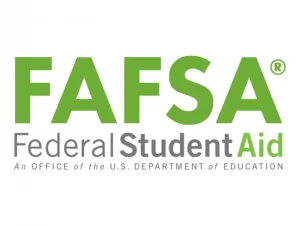Feds roll out 2025-26 college financial aid form ahead of planned date
November 21st, 2024 by Ric Hanson
WASHINGTON, D-C (via the Iowa Capital Dispatch) — The 2025-26 form to apply for federal student aid is now available to all students and families, the U.S. Department of Education said Thursday. The department used a staggered approach to launch the 2025-26 Free Application for Federal Student Aid — better known as FAFSA — to address any issues before the form became available to everyone at a later date. Though the department beat its Dec. 1 full launch deadline by 10 days, the form is fully available roughly two months later than the typical Oct. 1 date.
The department gradually ramped up the number of people able to complete the form since early October through four testing rounds that have featured more than 167,000 FAFSA submissions. Meanwhile, a bill to ensure the federal student aid form is available by Oct. 1 annually has passed both the House and Senate with sweeping bipartisan support. It’s now up to President Joe Biden to sign the measure into law. 
Senior department officials said they do not have a position on the legislation but reiterated that they are on track to launch the 2026-27 FAFSA by Oct. 1, 2025.
2024-25 FAFSA mishaps
The decision for a phased rollout came after the 2024-25 form — which got a makeover after Congress passed the FAFSA Simplification Act in December 2020 — witnessed its fair share of glitches and errors, which prompted processing delays and left students and families feeling frustrated and confused. The department worked to fix these errors as well as issues that prevented parents without Social Security numbers from completing the form. “We recognize that the FAFSA challenge required an overhaul at the (Office of) Federal Student Aid, so we got to work,” U.S. Education Secretary Miguel Cardona said on a call with reporters Thursday.
“We made key changes at FSA, including better accountability and an increase in outside technical expertise — we held listening sessions, engaging 300 organizations, and we incorporated the feedback from our students, from parents, schools, software vendors, state agencies and other partners,” he said.





